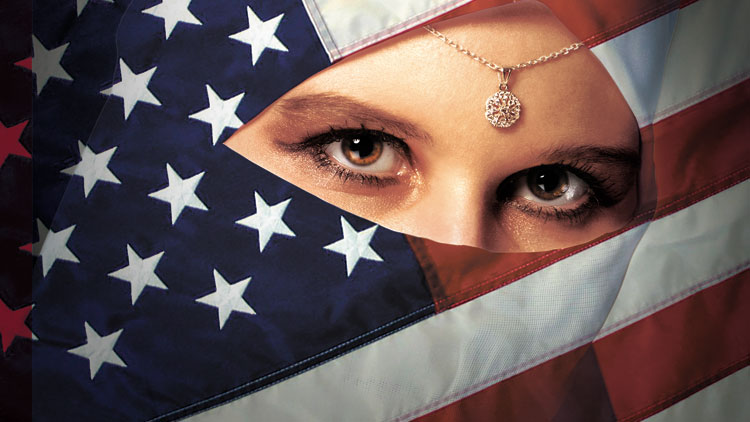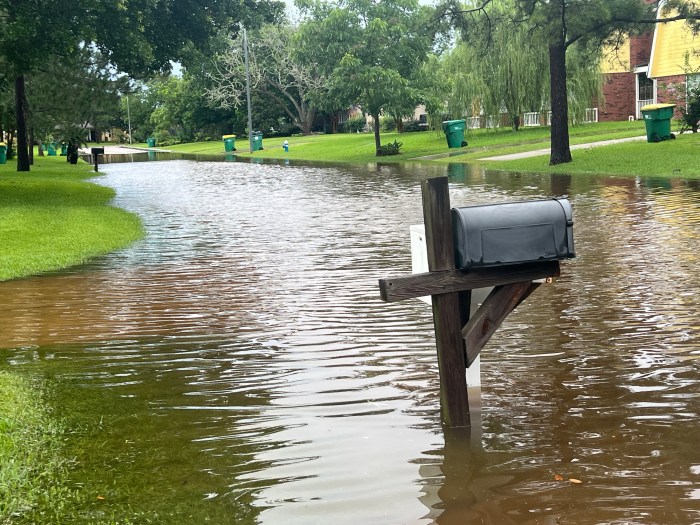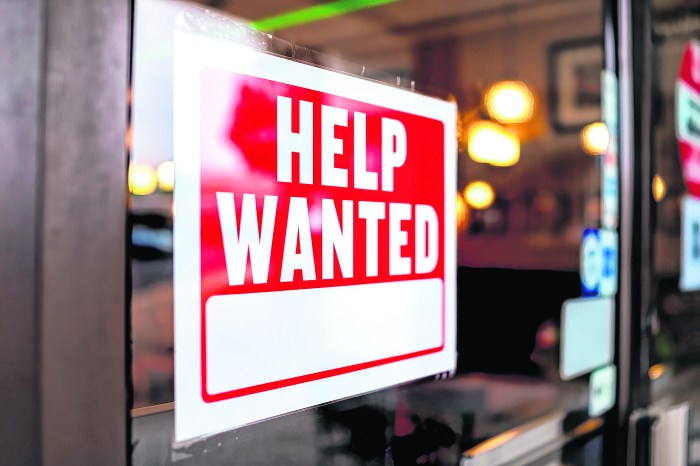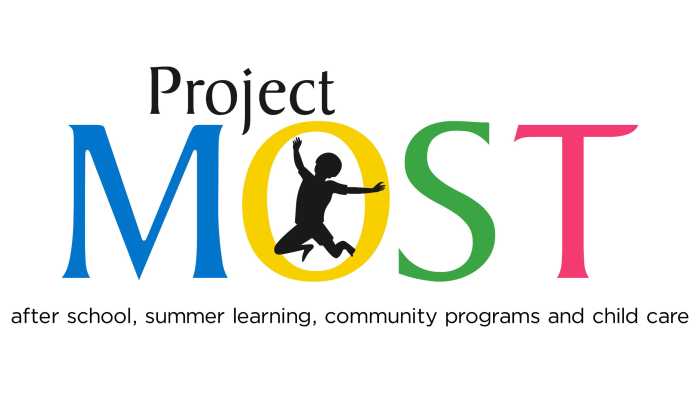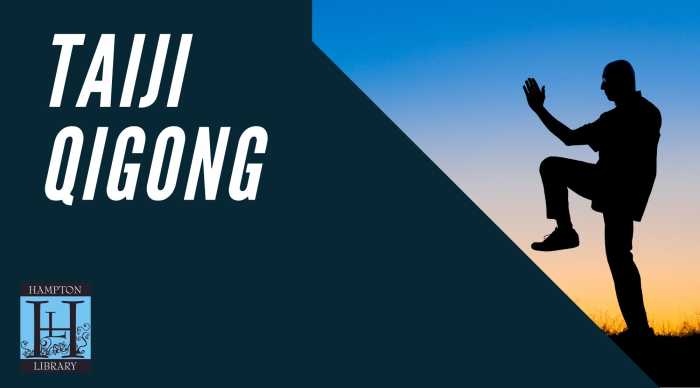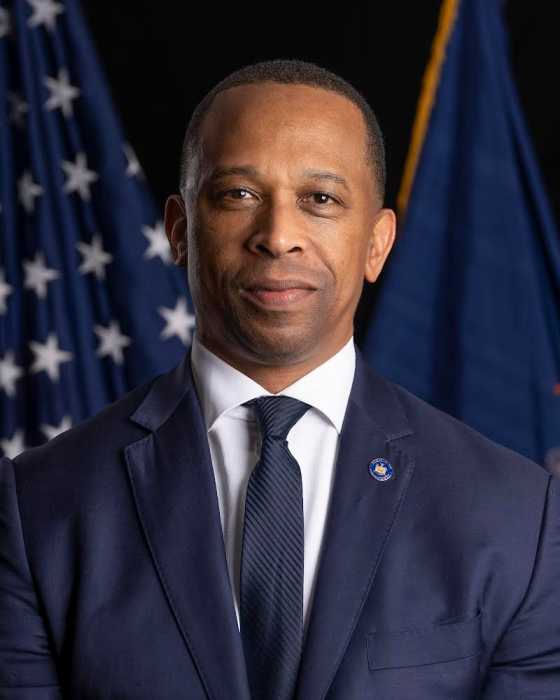Talat Hamdani has advocated for Muslim Americans since her son died trying to save the lives of his fellow New Yorkers on Sept. 11. Inspired to serve her country after the horrific attacks, Nasrin Ahmad’s daughter decided that she wanted to be a federal prosecutor. Isma Chaudhry broke the glass ceiling to become the Islamic Center of Long Island’s first female president. Daisy Khan empowers Muslim women across the world.
These are the faces of American Muslims.
The week-long spat between Republican presidential nominee Donald Trump and the family of a slain U.S. Muslim soldier has inspired Muslim Americans to speak out.
The discussion prompted the Twitter hashtag “CanYouHearMeNow” among Muslim women, and, in a way, shifted the focus of the often-Islamophobic discussion about Muslim Americans away from terror and instead to their contributions to American society.
“Go to any hospital…see how many (female) doctors we have. Go to school. There are female Muslim American teachers there,” said Nasrin Ahmad, Hempstead’s town clerk, and the first person from South Asia to be elected in New York State. “Go anywhere—engineers, lawyers, my own child.”
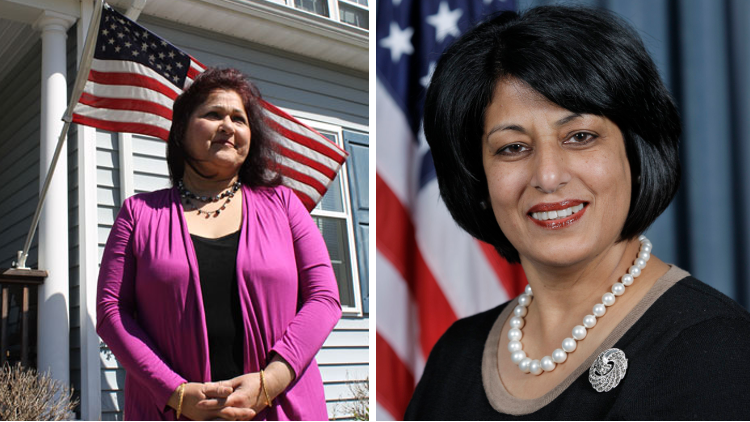
The role of Muslim Americans—and Muslim American women, in particular—in American culture took center stage last week after Trump questioned why Ghazala Khan, the mother of a U.S. soldier who died in Iraq in 2004, had remained silent as her husband, Khizr Khan, spoke passionately onstage at the Democratic National Convention in Philadelphia.
The implication being that Ghazala Khan’s religion, and her husband’s presence, somehow precluded her from speaking out publicly.
“Here is my answer to Donald Trump: Because without saying a thing, all the world, all America, felt my pain,” Ghazala Khan wrote in a widely-read Washington Post Op-Ed last weekend. “I am a Gold Star mother. Whoever saw me felt me in their heart.”
The confrontation between Trump and the Khans, which has played out on cable television and on the Internet for the last week, is remarkable, because despite bipartisan condemnations regarding Trump’s proposed ban of foreign Muslims from entering the United States, no one has effectively humanized Muslim Americans.
Until now.
“He was really speaking about not only his son’s sacrifice and clarifying this misconception that Muslims are just a national security threat, he also was in fact saying that Muslims are very patriotic,” Daisy Khan, founder of Women’s Islamic Initiative in Spirituality and Equality (WISE), which serves to amplify the voice of Muslim women across the globe, told the Press. “I felt by just straightening out the record on that was a very, very powerful moment.”
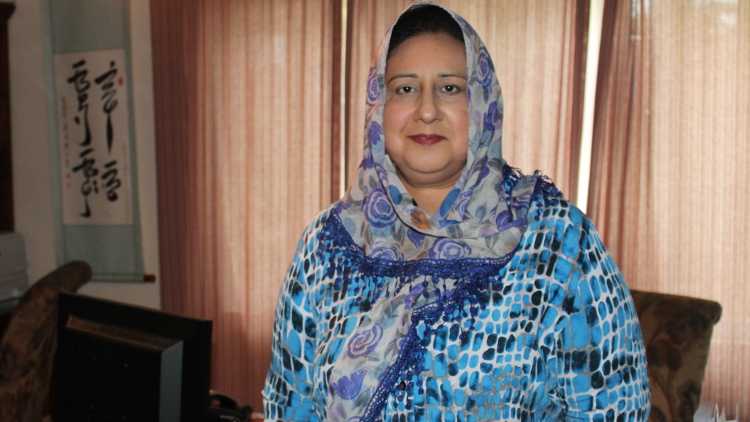
The role Muslim American women play in shaping America has also taken on greater significance.
Two years ago, Isma Chaudhry became the first woman to serve as president of the Islamic Center of Long Island in Westbury. Before taking office, she had devoted her life to interfaith outreach and helping people better understand Islamic culture and traditions.
When the ICLI condemns terror attacks, it’s Chaudhry who speaks out. When the mosque holds interfaith gatherings, it’s Chaudhry who addresses the many faith communities on LI. She’s the voice of an entire congregation.
“I am the president of a mosque, which is not just a women’s mosque, it’s cross-ethnicity,” Chaudhry told the Press. “We have family members who are congregants. We have people who are very orthodox who are members of this mosque, and people who are not orthodox who have all kinds of religious views that are members of this mosque. And for them to take my leadership with grace and respect, that shows that that religion doesn’t really put any constraints on how far and how high women can go.”
Before she became the clerk of Hempstead Town in 2013, Nasrin Ahmad, a Republican, was a stay-at-home mom-turned-PTA president and founder of what was then called the Human Dignity Committee at her local school district. She soon started working part-time for the Town of Hempstead.
“Your heart jumps a beat when you see your son’s picture in the screen in front of you or behind you—you gasp.”
Her own children have also devoted themselves to this country, she said. After graduating law school, her daughter decided she wanted to be a federal prosecutor. One of her sons is a volunteer EMT.
“She decided to go for public service because…she knew that Muslims were getting a bad rap, and she wanted to be a federal prosecutor. She wanted to protect this country,” Ahmad said of her daughter, who felt the pull of public service after the Sept. 11, 2001 attacks.
Ahmad, who was born in Uganda and raised in London, hopes her own life serves as an inspiration for young Muslim Americans.
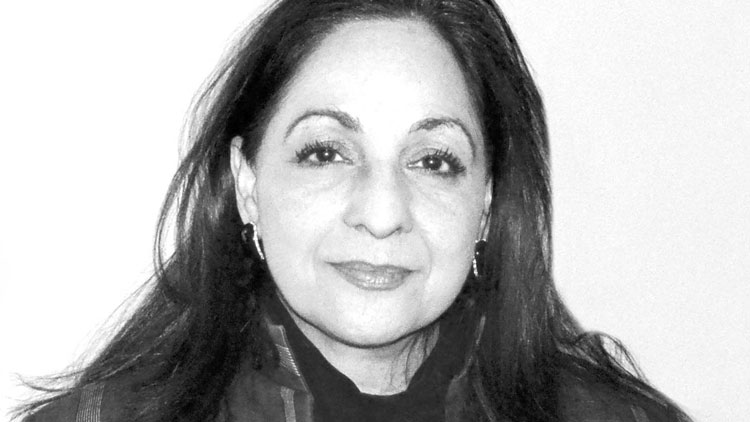
“I do not hide that I’m an American Muslim female,” Ahmad told the Press. “I hope that my day-to-day life and being out there and showing who I am does educate people.”
Like the Khans, Talat Hamdani’s advocacy was borne out of tragedy.
Her son, Salman, an NYPD cadet, was killed along with nearly 3,000 other Americans when the World Trade Towers came crashing down on Sept. 11. Salman had taken the No. 7 Manhattan-bound train into the city that day. Instead of heading to work, he rushed toward the Twin Towers. In the early days following the attack, he was erroneously considered a person of interest.
Hamdani can relate to the paralyzing grief the Khans live with when they talk about their son.
“Your heart jumps a beat when you see your son’s picture in the screen in front of you or behind you—you gasp,” she told the Press.
Fighting for her son, first to have his name cleared and later to receive recognition for his heroism, has helped ease the pain.
“His sacrifice has put me on a platform: ‘Mama, go advocate for the community,'” she said, as if it’s her son’s voice still carrying her through each day.
Hamdani fights for all Muslim Americans, she said, and she’s always willing to answer the call—just like Salman.
“The women of Islam have the same right as everyone,” she said. “Islam does not suppress women—women have the same rights as a man.”




